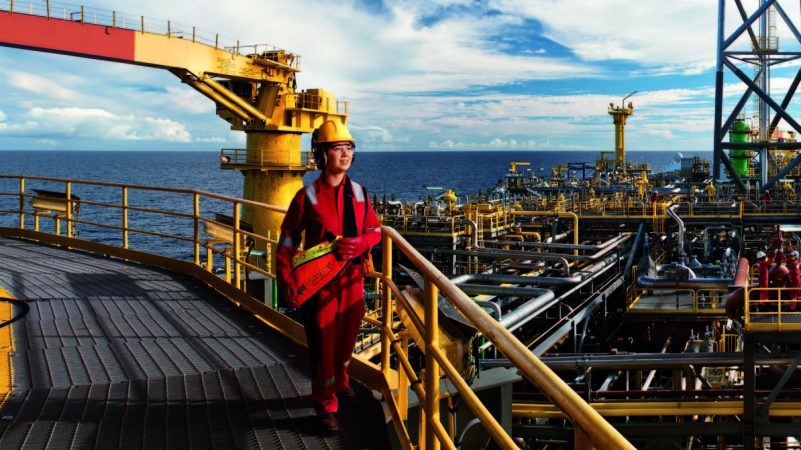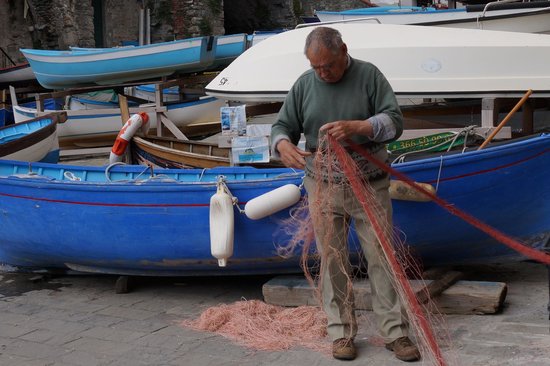Shell Brazil – Stakeholder Database and Emergency Response


Shell is a global group of energy and petrochemical companies.
In Brazil, Shell employs around 1,000 people and is involved in several business areas. Parque das Conchas (BC-10), located off the coast of Rio de Janeiro and Espírito Santo, is one of Shell’s most challenging and successful deep-water projects, producing energy in nearly 1,800 metres of water off the coast of Brazil.
Parque das Conchas started the third phase of the project in 2016, with five production wells in two fields (Massa and Argonauta O-Sul), and two water injection wells. All fields are connected to FPSO Espírito Santo, BC-10 production vessel ship. Phase 3 expects to reach an average production volume of 20 thousand barrels of oil equivalent per day. It has already extracted more than 100 million barrels from the first phase in 2009.


The heart of Parque das Conchas (BC-10) is the floating, production, storage and offloading vessel (FPSO) Espἰrito Santo, which has a processing capacity of 100,000 barrels of oil equivalent per day. Source: Shell


Engineer at Parque das Conchas (BC-10). Source: Shell
Stakeholder Database Informs Engagement Strategies
In early 2016 Shell engaged Timah Consulting to undertake a comprehensive stakeholder baseline study of small-scale fishing communities that are within the Parque das Conchas (BC-10) area of influence, in the states of Rio de Janeiro and Espírito Santo. The stakeholder database collection aimed to provide a rich understanding of the fishermen communities, their assets, networks and ability to response to disasters. This information would be used to inform the development of an engagement strategy and emergency response plan (in case of oil spill) for Parque das Conchas.
Timah team of consultants engaged with 56 fishing communities in 14 municipalities. The team interviewed village leaders, commercial fishing organisations, vessel owners, community associations and family of fishermen. Information Timah was collecting, among other stakeholder mapping info, included the type of fishing activities, the number of boats of in these communities, the state these boats were in and the vulnerability of the community in case of an oil spill.


A fisheman in La Baia di Rio
The team also interviewed local businesses, educational and search institutes, NGOs, and other interested stakeholders to understand their organisational capability and resources and potential to collaborate in emergency response.
Information collected through the interviews were captured and collated in Darzin – the stakeholder data management tool for the project.
Darzin provided a tool to centralise all stakeholder data and interactions in one place. It enabled Timah to classify all stakeholder information based on topic, which made it easy for searching and reporting. It created an overview for the client (Shell) of all relevant stakeholders plus background on their interest, capability, importance, influence, potential partnerships and other valuable data.
Darzin’s flexible settings allowed Timah to create custom fields to collect additional information that were specific to Shell’s requirements. Over 20 custom fields were set up to capture details collected at the interviews that otherwise would have not been cataloged. This information was important in forming engagement strategy for the project, and the oil spill emergency response plan.
The stakeholder database created a solid foundation for Shell to move forward with their stakeholder engagement strategy. Conversations with stakeholders would be added overtime to ensure stakeholder knowledge is built continuously throughout the project life in Darzin. The knowledge capture will become an invaluable asset for Shell in the years to come, especially when the project team expands and new staff can benefit instantly from the historical data.

